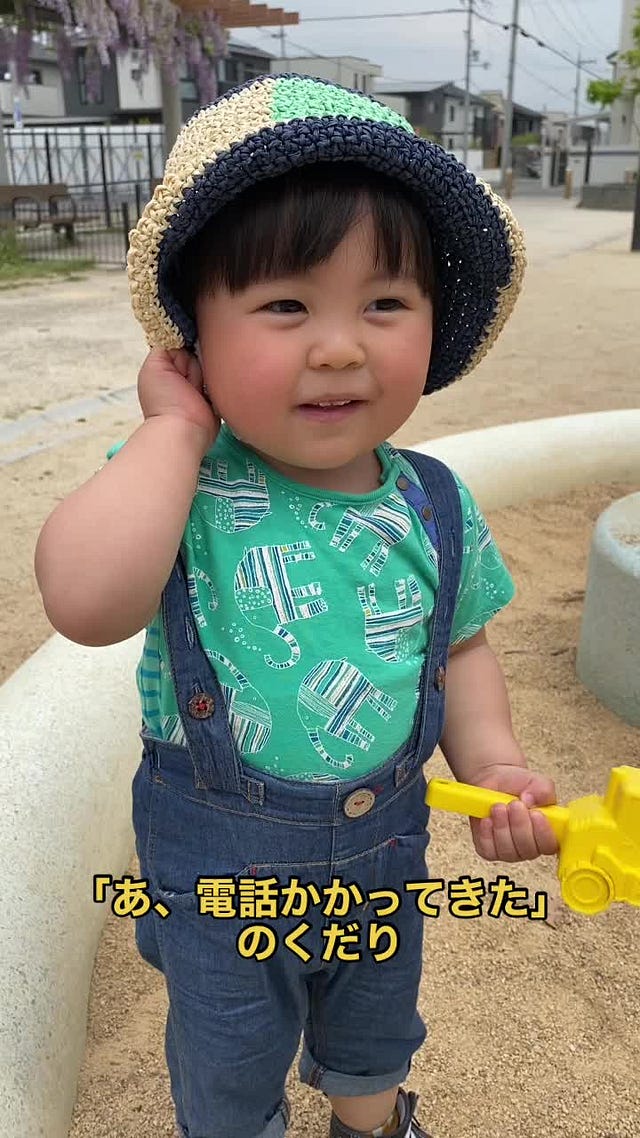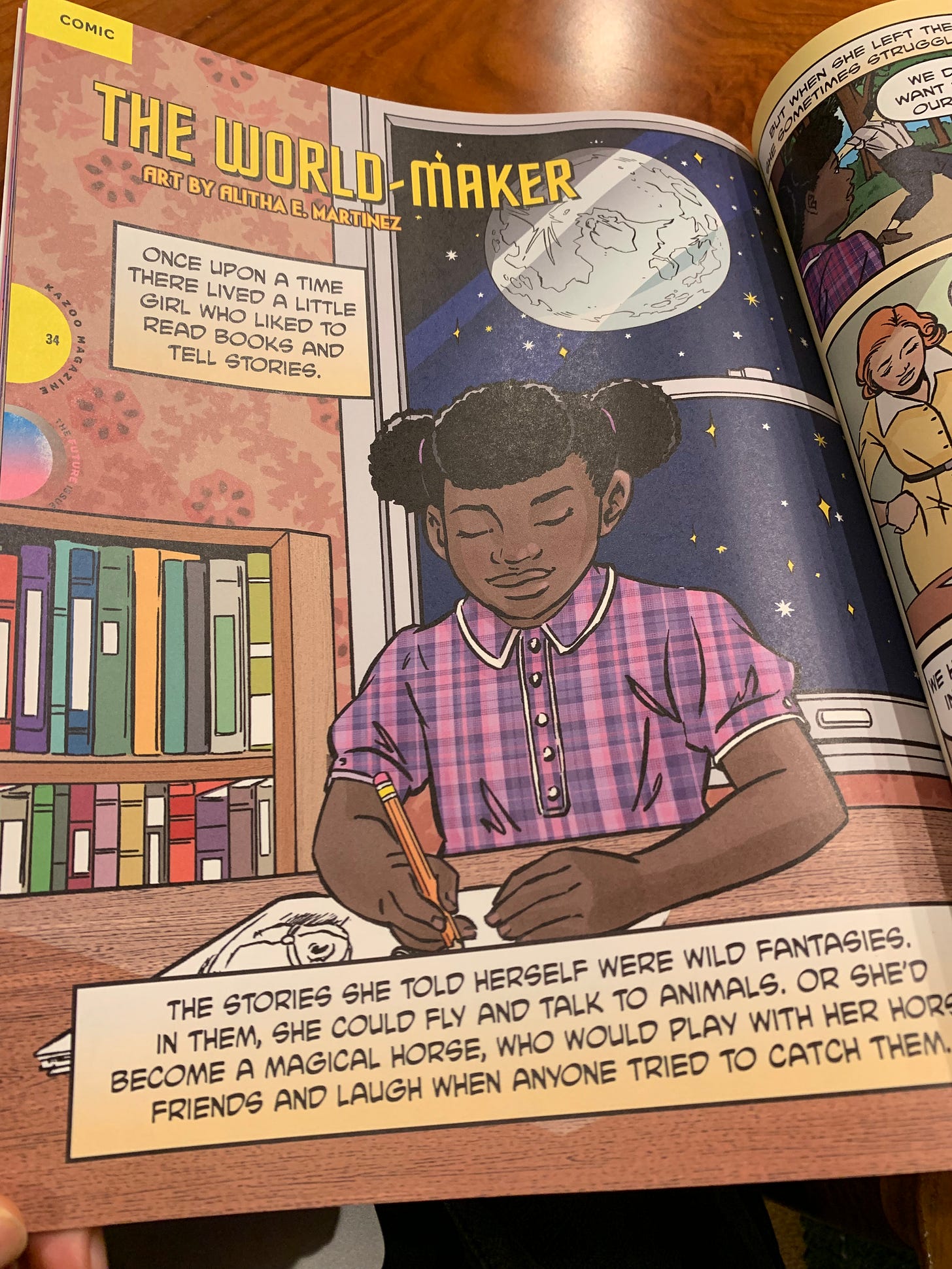Make 'Em Say Uhn
Does the Language We Speak Inform the Way We Listen?

In Tokyo, I rely on two dozen or so Japanese words and phrases to navigate a limited number of social scenarios. I can introduce myself (Zakia desu), give thanks for a meal (gochisousama deshita) or state the painfully obvious like exclaiming how hot it is in Japan in July (Atsui desu ne.) I can wield onegaishimasu (please), arigato gozaimasu (thank you) or sumimasen - a workhorse of a word that depending on the situation means “pardon me” when brushing past someone, “excuse me” to get someone’s attention, or “I’m sorry” - when appropriate. During the six seconds it takes me to say “Gomennasai. Nihongo ga wakarimasen. Eigo daijoubu desu ka?” I sound impressively fluent but if you understand Japanese you know this multi-sentence pronouncement translates to “I’m sorry. I don’t understand Japanese. Do you understand English?” My accent is decent but I can’t fool a native speaker.
Problems arise when my seeming ability to speak Japanese encourages whomever I am conversing with to stray from the scripts I have memorized. Say for instance a cab driver asks me anything other than whether or not I require a reshīto* my farce of fluency is exposed and I have no choice but to apologize and confess. Wakarimasen, I do not understand.
Even still, it is not enough to simply know the language. Learning to participate in the rhythm of a conversation plays a significant role in Japanese. In conversation, Aizuchi, a form of active listening is essential. It is expected that you, the listener, repeatedly interject words and phrases like hai (yes) or sou desu (it is so) or even non-verbal sounds like uhn, uhn * all while occasionally nodding your head to demonstrate that you are listening to the speaker. Aizuchi is not an invitation to talk over or interrupt the speaker, instead it requires you to play the role of low-key hype man. Your job is to offer a steady and concurrent stream of affirmation while the speaker talks. Further, despite appearances to the contrary, Aizuchi does not equate agreement. So even if in conversation I nod accordingly and sprinkle multiple yeses throughout our exchange, I will always and forever disagree with the majority of people in Japan who believe that mayonnaise - not even Japan’s beloved Kewpie brand mayonnaise - belongs on pizza.
This is the opposite of how I learned to listen. The adage “We have two ears and one mouth so that we can listen twice as much as we speak” comes to mind. In other words, a good listener is a quiet listener. It also means that many of us are just listening for a chance to interrupt and talk about our own experience, rather than listening to what is being said. I’d be lying if I claimed innocence on this front. Until I made a conscious effort to NOT interrupt while someone else was speaking, I was shocked and embarrassed at how often I caught myself doing it. To that end, I picked up a copy of “You’re Not Listening: What You’re Missing and Why It Matters.” So far, it’s an insightful examination of the many ways we communicate, or fail to, because so few of us listen to one another. And even fewer of us know how.
Aizuchi requires you to play the role of low-key hype man. Your job is to offer a steady and concurrent stream of affirmation while the speaker talks.
I’m working to make other active listening techniques habitual like repeating back and paraphrasing the speaker’s words for clarification along with more obvious best practices like leaving my cell phone out of the equation no matter how tempting. Interesting enough, while visiting family in the United States this summer, I noticed two Aizuchi interjections, in the form of slightly more aggressive than usual head nodding and frequent uhn, uhn’s crop up in my conversations in English. I am now convinced that a hybrid of the two styles are well paired. I’m also fairly certain I’m going to have to walk around with a notebook worn as necklace like Holly Hunter’s character in “The Piano,” or carry a chalkboard like the little boy who doesn’t talk in “Claudine” so I can jot down all ten million and one thoughts that pop into my head that I want to contribute to a conversation instead of interrupting when I should be listening.
Early next month, Japan officially reopens after almost three years of closed borders and travel restrictions. Whether or not you plan to visit Japan, now is as good a time as any to practice active listening and maybe even some Aizuchi, no matter what language you speak. That’s all for now. See you in two weeks.
* A reshīto is … a receipt. 😉
* Now hear me out on this one. The “uhn” Aizuchi sound is a little reminiscent of Master P in “Make 'Em Say Uhh!”
A Few Things:
This adorable toddlers' phone Aizuchi is unparalleled. Watch and learn.
Tiktok failed to load.
Enable 3rd party cookies or use another browserOne of my favorite collections of essays about living in another country and learning to speak a foreign language is “Me Talk Pretty One Day” by David Sedaris.
Not an ad. I just love this mag. My daughter has a subscription to a brilliant independent print magazine called Kazoo. The current issue features a segment illustrated by incredible American comic book artist Alitha E. Martinez about one of my all-time favorite writers Octavia Butler. Do yourself a favor and check it out if you can.
Fact of the matter is Sway had the answer all along 😂
TELL ME:
Are you a monolinguist like myself or do you speak more than one language? (Cursing in multiple lingos, while useful, does not count!) More importantly do you believe mayonnaise belongs on pizza. I will judge you based on your response. 🍕





I love The Piano. I love love the Piano. I can pretty much pause at any point in time in the movie and the scene is a guaranteed computer background. So scenic. And Michael Nyman's The Heart Asks Pleasure First and The Promise are pieces that prompted me to listen to more classical piano music.
Before I thought about and typed this comment, I had to review Thich Nhat Hanh's interview with Oprah (available on YouTube) that taught me to always remember my breathing in moments of anger. Plus, deep, active, compassionate listening. It involves only sharing your presence to the conversation. Just that. And the rest is listening and empathizing to the listener. Any comments must be reserved for another time or day.
Before that, I used to nod and listen and turn the conversation to myself. I reply with stories related to the topic at hand, of course. Still, it robs the speaker of their moment to let out frustration.
I also remember a Parks and Recreation episode when a pregnant Ann Perkins (Rashida Jones) kept venting on her husband Chris (Rob Lowe) about the stresses of pregnancy. Chris tried to solve everything which Anne didn't like. Finally, their friends intervened, telling Chris the moment Ann complained about anything pregnancy-concerned again, all he had to do was say two things: "That sucks" and no more!
Loved this. During my first stint in Japan (1992-1993!) I carried around a small pocket notebook so I could jot down new vocab. I collected stacks of these....